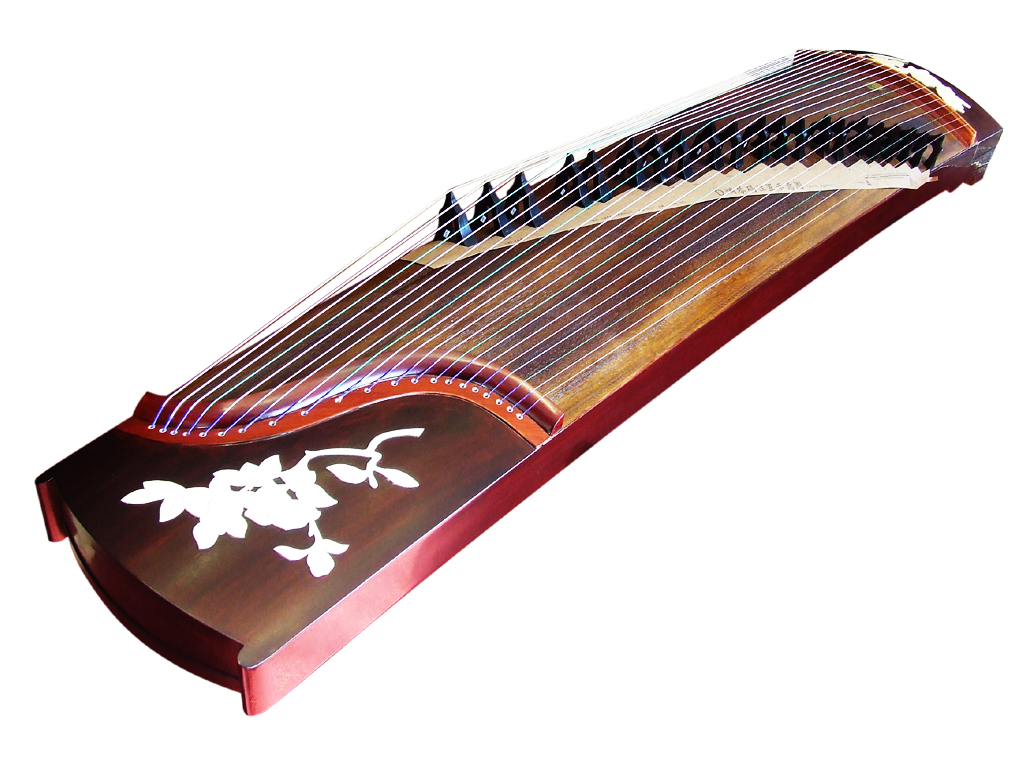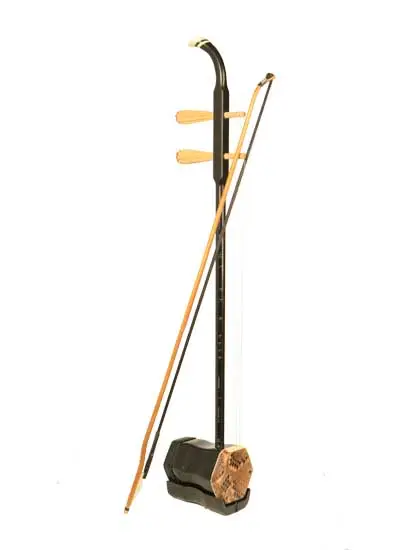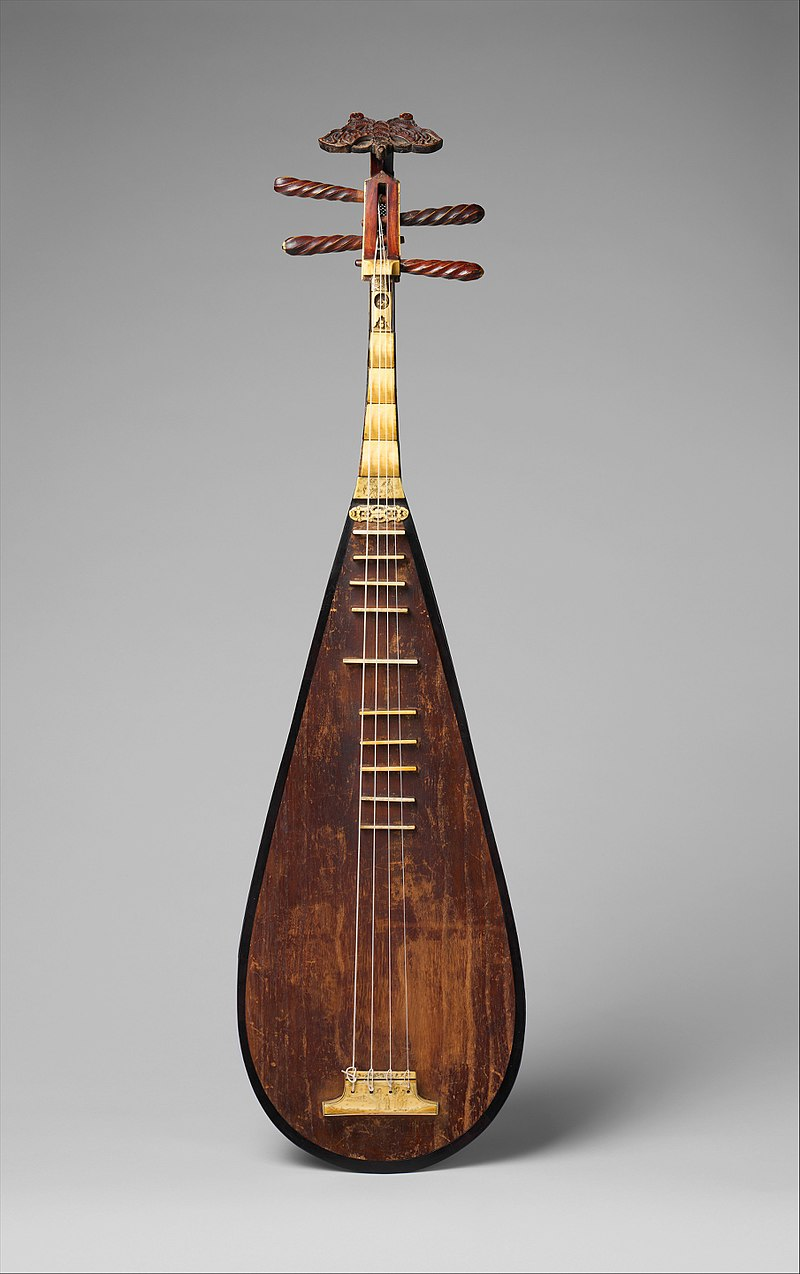AQA GCSE MANDARIN: Free Time Activities
AQA GCSE MANDARIN: Free Time Activities
Music
What kind of music do you like to listen to? 你喜欢听什么类型的音乐? Or more simply, 你喜欢听什么音乐?
VOCAB
Classical (refers to more western): 古典音乐 (Gǔdiǎn yīnyuè)
Rock: 摇滚音乐 or just 摇滚 (yáogǔn)
Rap: 说唱 (Shuōchàng) or 饶舌(Ráoshé)
Country: 乡村音乐 (Xiāngcūn yīnyuè)
Pop: 流行音乐 (liúxíng yīnyuè)
You can specify which kind: C-Pop is 中文流行音乐 (just adding zhōngwén), but commonly it will be referred to as the subgenre Mandopop: 华语流行音乐 (Huáyǔ liúxíng yīnyuè)
American Pop is 美国流行音乐 (Měiguó)
Musical Instruments 乐器(Yuèqi):
There are actually a lot of verbs for playing instruments. Sorry. At least they’re easy to remember:
弹 (tàn) is a general verb for play, like “你会弹什么乐器?” (Which instruments can you play), however it is mostly associated with instruments you “touch”, I guess is the best way to explain it. For example, the piano and guitar both use this verb, as in 我可以弹吉他 (Wǒ kěyǐ tàn jítā).
Side note: Sometimes it will appear as “dàn”, but this is only used in a weapons context. In a musical context it is tàn.
打 (dǎ) literally means to beat and is used in the context of drumming: 打鼓 (dǎgǔ)
The violin (小提琴 xiǎotíqín) and cello (大提琴Dàtíqín) and other bowed string instruments use 拉 (lā), which means pull.
Viola is 中提琴 (Zhōngtíqín) and double bass is 低音提琴
(Dīyīn tíqín)
It’s good to know some Chinese traditional instruments as well:

古筝 (gǔzhēng)

二胡 (èrhú)

琵琶 (pípá)
I would totally recommend checking out traditional music! It is beautiful.
Other:
Karaoke: 卡拉OK (Kǎlā O.K.)
Concert: 音乐会 (Yīnyuè huì)
Music Festival: 音乐节 (Yīnyuè jié)
Grammar: “Songs” as a noun is 曲子 (Qǔzi; it’s a little more formal) or 歌 (gē; more colloquial).
曲子 is a little more formal and usually refers to a song without words. Think “piece”. And 曲 just means a “tune”.
歌 or 歌曲 just means “song”, usually with lyrics; however, it’s very colloquial and usually it doesn’t even matter.“Yīnyuè” just means music.
Remember when referring to songs, we use the measure word 首 (shǒu), as in 这首歌很复杂 (this song is very complicated)
Also remember that 首 is used for poetry as well.
To say the song sounds nice/bad, you would use 好听 (hǎotīng) or 不好听 (bù hǎotīng) respectively.
Sports
你喜欢什么运动? (Nǐ xǐhuān shénme yùndòng)
VOCAB
Ball: 球 (qiú)
Notice how most of these sports have this character attached at the end. The word for the physical ball for each of these sports (e.g. “soccer ball”) is usually just the same word as the sport.
球 also just means any spherical object. For example, balloons are 气球 (Qìqiú)
Baseball: 棒球 (Bàngqiú)
Tennis: 网球 (wǎngqiú)
Football: 足球 (zúqiú)
Basketball: 篮球 (lánqiú)
Badminton: 羽毛球 (yǔmáoqiú)
Ping Pong: 乒乓球 (pīngpāng qiú)
Culture: Accessible to everybody, with tables set up in parks, homes, and break rooms, and playable by people of all ages, it’s no wonder why it’s referred to as China’s “national sport”.
Other
Running: 跑步(Pǎobù)
Swimming: 游泳 (yóu yǒng)
Kung fu: 功夫 (Gōngfū)
Competition: 比赛 (bǐsài)
__ Place: 第 __ 名 (dì __ míng, put number like 一二三)
Win: 赢 (Yíng)
Can be used as in “win a game” or “win an award”
To win an award: 赢/ 得 奖 (Yíng/dé jiǎng)
Lose: 输 (Shū)
Grammar
Similar to playing different instruments, playing different sports in Chinese also uses different verbs for “play”.
Almost every sport uses 踢 (Tī), which means to kick, as in 踢足球, or 打 (Dǎ), which means to hit, as in 打排球.
It should be pretty obvious as to which one to use, depending on whether the sport uses your feet to kick, or uses your arms to hit, throw, or hold some sort of racket, bat, or paddle.
Example Sentences
I went swimming for twelve hours 我游了十二个小时 (Wǒ yóule shí èr gè xiǎoshí)
Yesterday, I ran 10 kilometers: 昨天我跑了十公里 (Zuótiān wǒ pǎole shí gōnglǐ)
I want to play tennis: 我想打网球 (Wǒ xiǎng dǎ wǎngqiú)
She won first place! 她得了第一名! (Tā dé le dì-yī-míng.)
I will win a prize in the competition: 我会在比赛得奖 (Wǒ huì zài bǐsài dé jiǎng)
Books and TV
What kind of books do you like to read? 你喜欢读什么书? Nǐ xǐhuān dú shénme shū
What kind of movies/shows do you like to watch 你喜欢看什么电影/节目? Nǐ xǐhuān kàn shénme diànyǐng/jiémù
Vocab
To write books: 写书 (Xiě shū)
To read books: 看书 (kànshū)
Science Fiction: 读科 (kēhuàn)
History: 历史 (lìshǐ)
Novel/Fiction: 小说 (xiǎoshuō)
Newspapers: 报纸 (bàozhǐ)
TV programs: 电视节目 (Diànshì jiémù)
Movies: 电影 (diànyǐng)
Comedy: 喜剧 (Xǐjù)
Action: 动作 (dòngzuò)
Romance: 爱情 (àiqíng)
Horror: 恐怖 (kǒngbù)
Documentaries: 纪录片 (Jìlùpiàn)
Cartoons: (动画片) dònghuàpiàn
Grammar
Add 片 (Piàn) after one of the genres, and it becomes “[genre] movie”.
The measure word for books is 本 (běn) and for movies or a set of books, 部 (Bù).